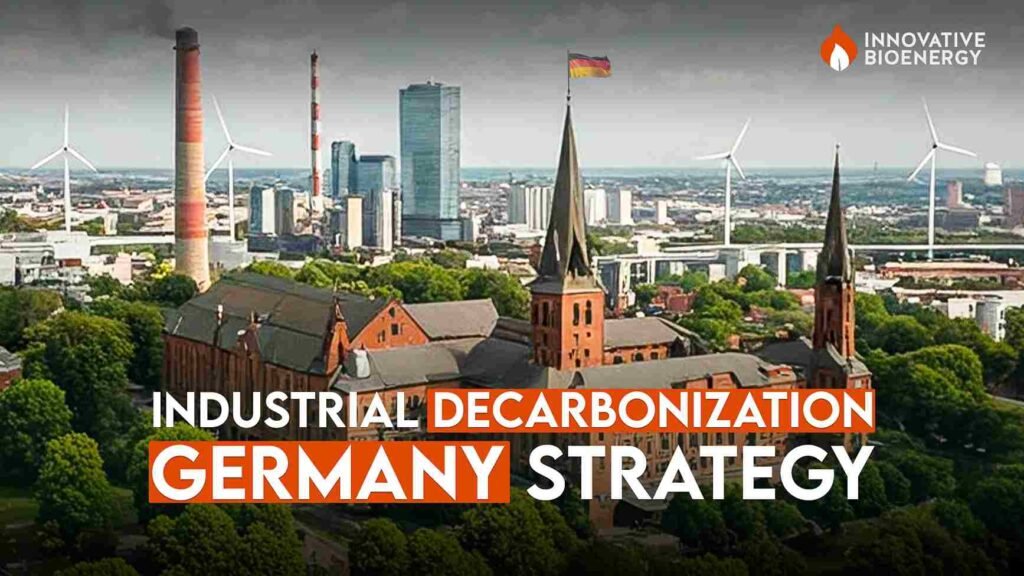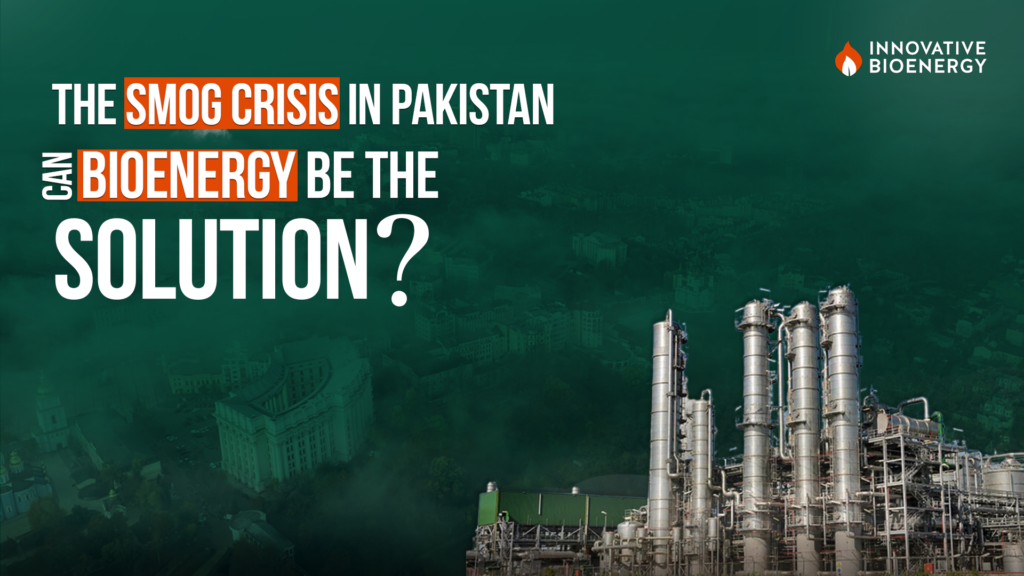With its aggressive goal of reaching net-zero by 2045, Germany has established itself as the world’s testbed for industrial decarbonization, establishing new standards for heavy industries everywhere. Germany is a manufacturing powerhouse in Europe, and since its industrial sector contributes 23% of the country’s CO₂ emissions, its transition plans are essential to meeting climate goals.
This comprehensive manual reveals:
- Industrial operations are being reshaped by policy frameworks.
- The commercial viability of innovative technologies.
- The majority of businesses do not have access to the €50 billion+ funding pool.
- Tested transition plans to gain a competitive edge.
What Is Industrial Decarbonization?
The process of lowering greenhouse gas emissions from heavy industries and manufacturing is known as “industrial decarbonization” . This entails implementing clean technologies, increasing energy efficiency, and substituting renewable energy for fossil fuels.
Why Germany’s Industrial Decarbonization Strategy Matters?
Germany’s economy depends heavily on its industrial sector, which also contributes significantly to pollution. In order to fulfill EU climate goals, the nation is:
- Reducing the use of coal in energy production
- Putting €9 billion into green hydrogen
- Strict carbon pricing (€85+/ton CO₂ under EU ETS) enforcement.
Impact on Business: While early adopters benefit from tax breaks, subsidies, and competitive advantages, businesses that postpone decarbonization must pay more for compliance.
Key Pillars of Germany’s Decarbonization Strategy
1. Policy & Regulation Driving Change
- The Climate Protection Act of 2023 requires a 65% reduction in emissions by 2030.
- Industries are compensated for adopting green technology through Carbon Contracts for Difference (CCfD).
- The EU Emissions Trading System raises the price of carbon-intensive production.
2. Game-Changing Technologies
| Technology | Industry Use Case | Example |
| Green Hydrogen | Steel production | ThyssenKrupp’s hydrogen-based DRI |
| Carbon Capture (CCUS) | Cement plants | HeidelbergCement’s Geseke project |
| Electrification | Automotive | BMW’s electric arc furnaces |
3. Financial Incentives for Businesses
- Fund for Climate and Transformation (2023–2026) €50 billion
- KfW low-interest loans for improvements in energy efficiency
- 30–50% of decarbonization projects are funded by BAFA grants.
Implementation Roadmap: From Planning to Results
Phase 1: Baseline Assessment (Weeks 1-4)
- carbon mapping driven by AI.
- Assessment of technological preparedness.
Phase 2: Funding Strategy (Weeks 5-8)
- Optimization of grant-loan combinations.
- CCfD application preparation.
Phase 3: Execution (Months 3-18)
- Implementation of a pilot project.
- programs for workforce reskilling.
Why Companies Choose Our Decarbonization Services?
Trusted by Multiple Industries: In a variety of industries, our decarbonization solutions have continuously produced quantifiable outcomes.
Proven Success Rate: After putting our strategies into practice, clients see notable increases in energy efficiency and emissions reduction.
Operational Cost Savings: By integrating clean energy and optimizing resource use, we assist companies in reducing their long-term energy costs.
End-to-End Implementation: To guarantee a successful and seamless project delivery, we oversee every step of the process, from planning to execution.
Technical Feasibility Studies: Every project starts with a thorough evaluation to make sure the best decarbonization strategy is selected.
Financial Modeling & ROI Analysis: To assist businesses in comprehending the return on investment and long-term advantages, we offer data-driven projections.
Vendor Evaluation & Selection: For every project, our professionals help find and acquire the best technology and service partners.Performance Guarantees: To guarantee long-lasting effects, we support our solutions with performance benchmarks and post-implementation monitoring.
Customized Solutions: Each company is given a customized decarbonization plan that is in line with its unique operational requirements and sustainability objectives.
Regulatory Alignment: Our tactics are made to satisfy present and upcoming environmental laws and compliance requirements.
Conclusion: It’s Time to Move Toward a Greener Future
Germany’s industrial decarbonization model is a global example, but real benefits come to those who act early. For businesses in Pakistan, this is a valuable opportunity to lower energy costs, reduce carbon emissions, and align with global sustainability standards.
If your organization is exploring biomass fuel solutions, waste-to-energy conversion, or emission reduction strategies, our expert team is here to support you from initial assessment to full implementation.
📩 Email us: [innovativebioenergy@gmail.com]
📞 Call us: [0321-6315420]


